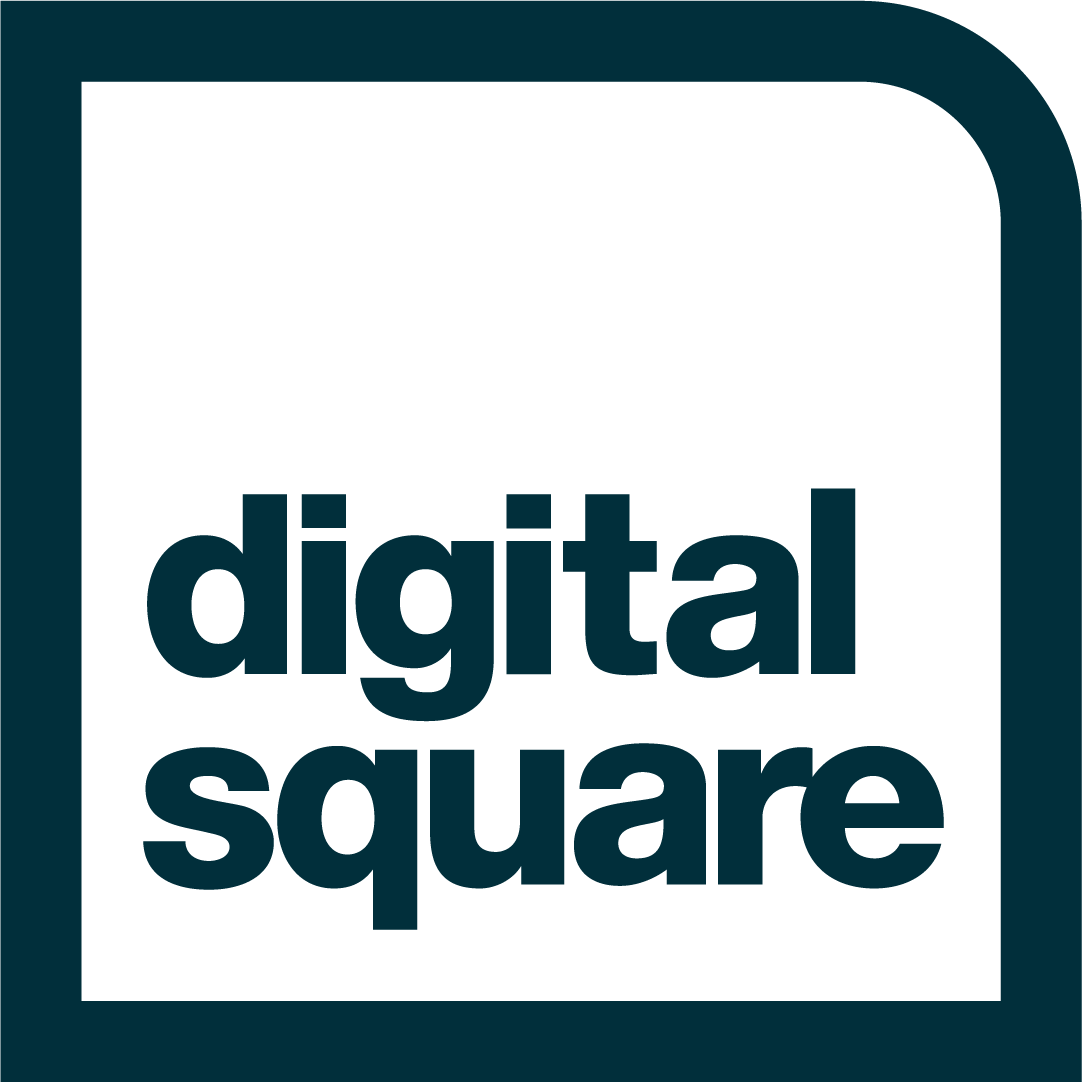Global good partners in profile: Rita Sembajwe, RTI International
Each quarter, Digital Square shines the spotlight on global goods and innovators in our community through our Global Goods Community Newsletter. Rita Sembajwe is Health Information Systems Program Manager within the Information Communication Technology Group in the Research Computing Division at RTI International.
Tell us about your background and how your career has evolved to bring you into the global digital health sector?
My family background immersed me into international development culture very early in my life, and as I pursued education in health informatics, I thought of nothing less but to apply it to the many communities that made me who I am today, and especially to those who are underserved in those communities.
I truly began my career supporting a hereditary cancer program with streamlining how cancer genetic data is captured. This led me to support important work with the American Cancer Society developing and managing portals that provided the public access to US state cancer plans.
Through my time fulfilling my graduate degree at Emory University, School of Public Health, I had opportunities to collaborate with researchers, and officers applying their health informatics work to disease surveillance area. This eventually led to collaborations with the Center of Disease Control and Prevention’s Quarantine Border Health branch, and then on to chronic and infectious disease surveillance work with RTI International.
Eventually, my work supporting disease surveillance became beneficial to health information systems strengthening work in low resource settings, and that is when I was able to get fully committed to supporting sustainable digital health solutions in low middle income countries, with a focus on people, policies, and technology. As an African woman in the global digital health sector, this became a time that I truly felt my calling was being fulfilled, and since then I have been able to directly and indirectly contribute to in the global digital health sector through implementation, research, and communities of practice.
What excites you most about the digital health space?
The sense of community, and passion within our field is what excites me most. It continuously inspires me to seek out opportunities to solve problems through knowledge and resource sharing. I enjoy creating connections in the global health informatics sector that flourish, especially those across the African health informatics sector.
How has your work been impacted by the support of Digital Square?
During the co-creation and co-design initiative led by USAID, that yielded the establishment of Digital Square, I submitted an expression of interest in collaboration with Scott Teesdale for a global facility registry; a framework so desperately needed, and made even more visibly important during the Ebola outbreak. This expression of interest evolved into a concept that brought many brilliant experts together, to propose the first Global Open Facility Registry (GOFR). GOFR has become one of Digital Squares key global goods that continues to scale to date.
In addition, my team has collaborated with the University of Washington to develop a community of practice for laboratory information systems (LIS COP). With LIS COP, our goal is to mobilize key stakeholders to develop open source global goods in the lab sector. We are establishing awareness of the community of practice with key stakeholders that range from ministries of health, the Association of Public Health laboratory, both at their headquarters and in-country, and clinicians on the ground. It is truly exciting to see the community build momentum, with support from Digital Square, and OpenHIE.
How do you think Digital Square is helping to bring together the global good communities?
Digital Square has illustrated that collaborative approaches to concept development and review yield sustainable community supported initiatives in the digital health sector. To me, Digital Square’s concept and execution of co-creation and design is a new territory for global health and involves a complex array of stakeholders in the digital health sector: donors, private and public implementers, government leaders, and clinicians. I appreciate how Digital Square took the traditional funding model, and managed to mold it in to a process that all stakeholders are involved. Digital Square is inclusive, and has opened the donor for more low resource concepts in digital health.
How will covid-19 impact the digital health sector over the next five years? how do you generally see the digital health sector evolving over the next five years?
The COVID19 pandemic has forced, in a public way, the digital health sector to closely inventory digital health applications that exist to support routine as well as outbreak surveillance. This has offered the opportunity for locally (country level) developed solutions from low resource settings to showcase themselves and scale more. I believe there is an opportunity to continue to open doors to leveraging locally developed digital health solutions.
Also the public inventory of digital health solutions has opened doors to assessment opportunities to validate digital health solutions.What we have been trying to do earlier on, is to understand the open source digital health investments that we support in infectious disease surveillance, and look at how we can customize these for the COVID-19 response. These discussions are not new to our sector, as we have had similar discussions during the Ebola outbreak in Guinea and the Democratic Republic of Congo. Now, we are looking at how to use existing investments in HIV, and other health verticals to have a cross-sectoral approach.


